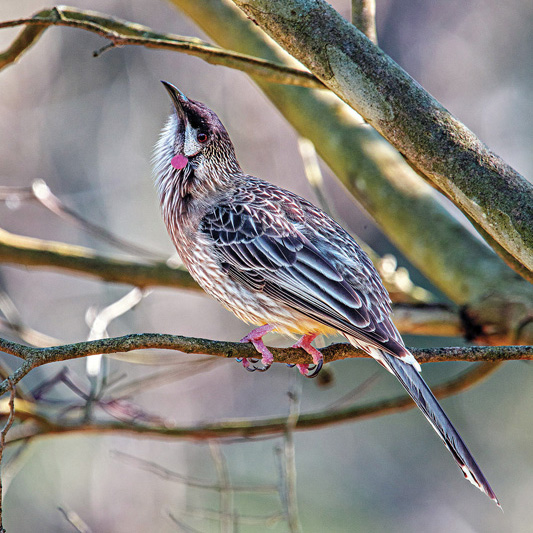ALTHOUGH it may be redundant as a source of domestic drinking water, Bittern Reservoir and surrounding bushland is home and a source of sustenance to many native birds and animals.
Bittern is the smaller of two water storages within the 1000 hectare Devilbend Natural Features Reserve and on Sunday 24 July was circumnavigated by a group of 18 members of Birdlife Mornington Peninsula.
Armed with binoculars, cameras and spotting scopes, the group recorded sightings of 43 bird species.
Birdlife Mornington Peninsula holds two walks a month, which usually end with lunch and a discussion about birds seen and, maybe, heard.

Birds seen around Bittern Reservoir included a whistling kite, musk ducks, grebe’s magpies, wood ducks, coots, nankeen kestrel, swamp harrier, golden whistler, wren, yellow tailed black cockatoos, new holland honeyeaters, spotted doves and red browed finches. Peter Murphy said some of the more experienced members helped the less experienced to name the species either by a sighting or bird call. He said highlights of the day included spotting the whistling and watching a male musk duck perform its mating display.
The group is active in promoting the preservation of birds on the peninsula and last month installed 40 nesting boxes near Tyabb Primary School and in bushland near Dromana Secondary College.
To find out more about Birdlife Mornington Peninsula go to birdlife.org.au/locations/birdlife-mornington-peninsula
First published in the Southern Peninsula News – 2 August 2022